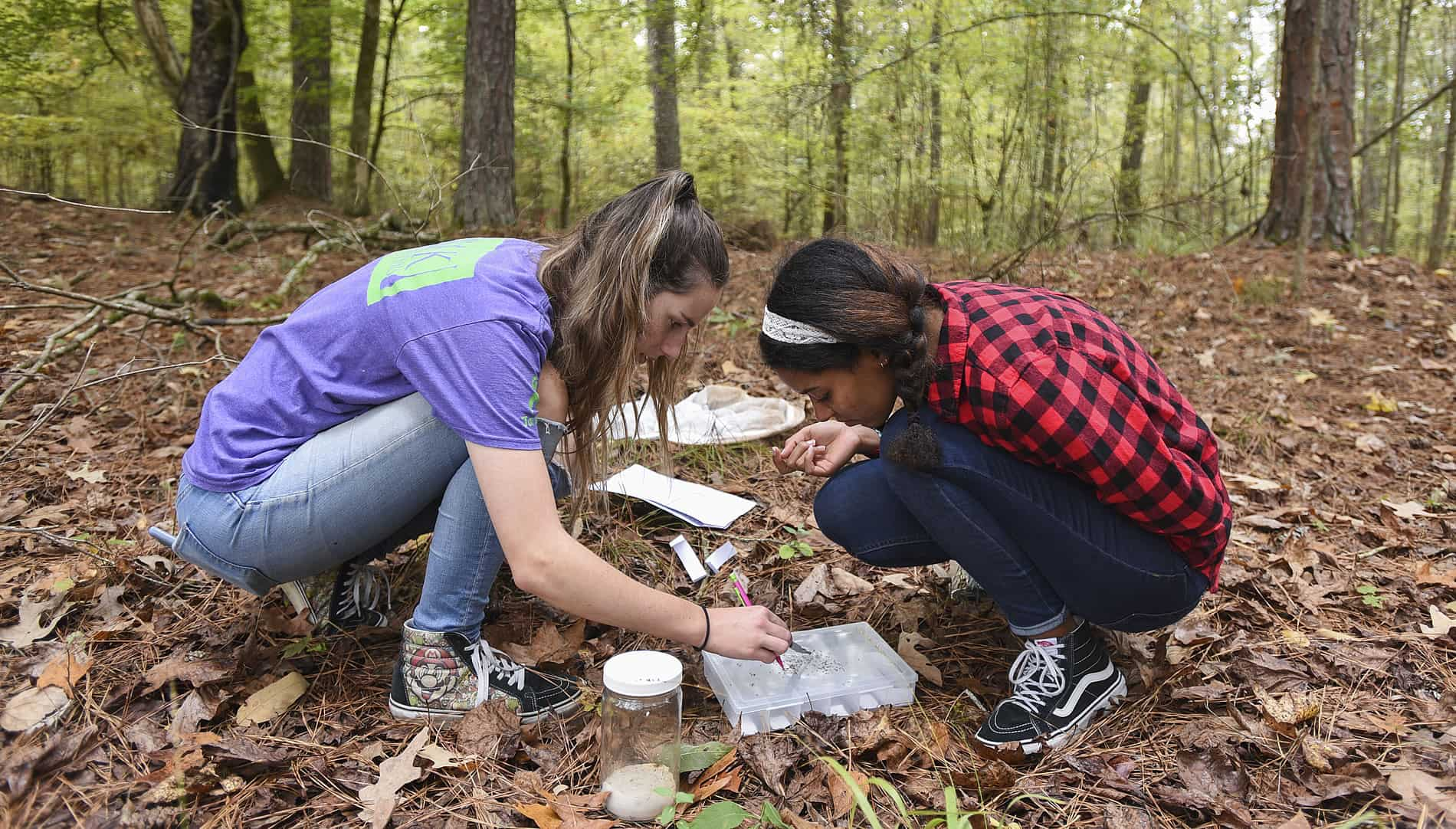The prestigious Princeton Review recently recognized Berry College’s initiatives to be an environmentally aware institution.
Berry is one of 420 colleges named in the 2022 edition of the Princeton Review Guide to Green Colleges.
"Given the sobering indicators of climate change and global calls to prioritize sustainability, we are pleased to shine a light on these schools and recommend them for their exceptional commitment to the environment,” said Rob Franek, Editor in Chief of The Princeton Review. “We are equally pleased to have curated this guide for twelve years as a free resource for students who want to live and learn at a green college.”
The profiles in The Princeton Review Guide to Green Colleges present information on each school's use of renewable energy, its recycling and conservation programs, the availability of environmental studies in academic offerings, and career guidance for green jobs. The profiles also include information on the schools' admission requirements, cost, and financial aid. The Princeton Review chose the 420 colleges based on its 2020–21 survey of administrators at 835 colleges concerning their institutions' sustainability-related policies, practices, and programs.
Eddie Elsberry, Berry's Director of Environmental Compliance and Sustainability, said students, faculty and staff all have the opportunity for their voices to be heard in regards to green initiatives.
"Our faculty/staff has been a driving force in water bottle fill stations and electric vehicle charging stations on campus. Students have taken the lead on overseeing many recycling, composting and waste issues both on campus and in the community,” Elsberry added.
Berry is the largest contiguous college campus in the world at 27,000 acres. Faculty, staff and students work to cultivate environmental awareness by implementing sustainability programs throughout campus. The college also offers both Environmental Studies and Environmental Science degree programs. Berry has also obtained certification from the National Wildlife Federation as a “certified wildlife habitat”, which recognizes the campus for our commitment to sustainably providing the essential elements of wildlife habitat.
###
Written by Public Relations Student Assistant Jaden Childree



